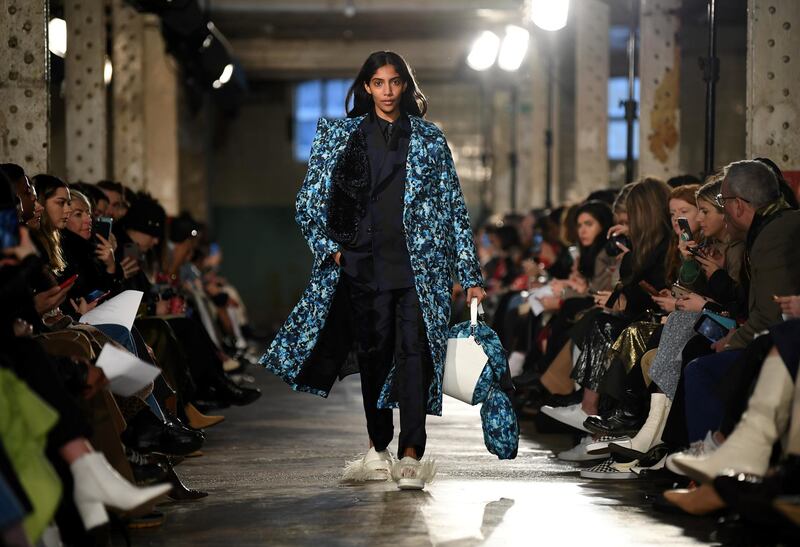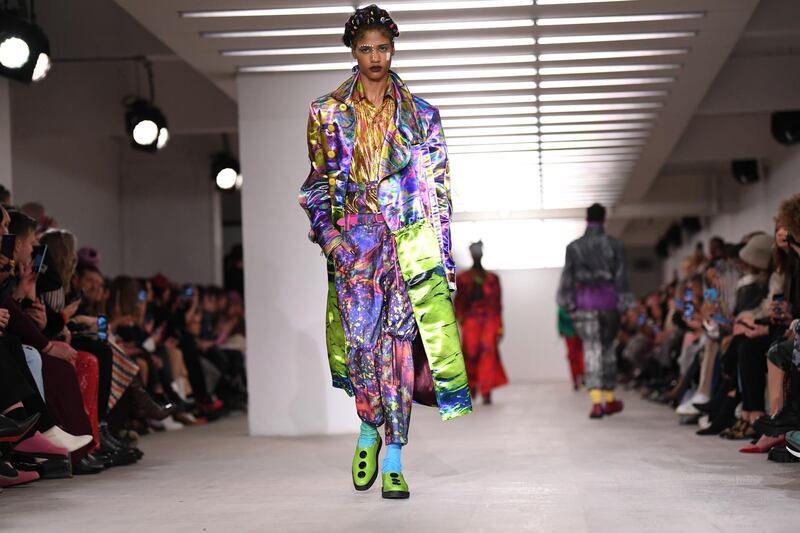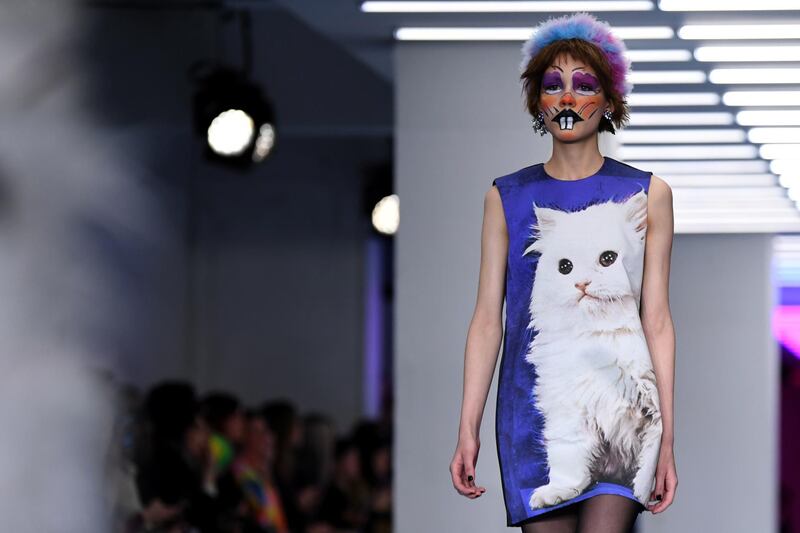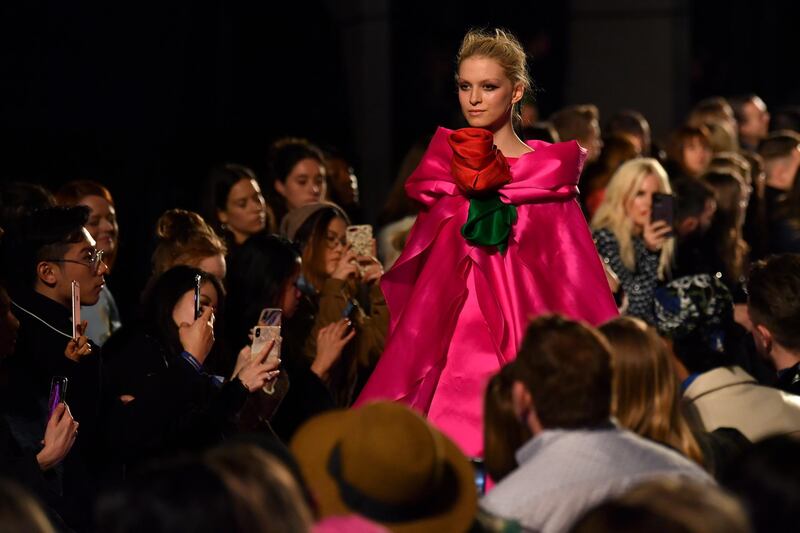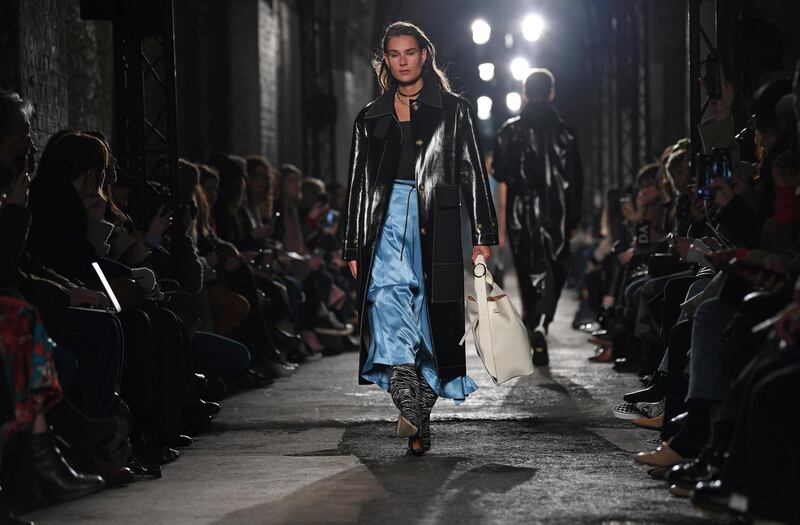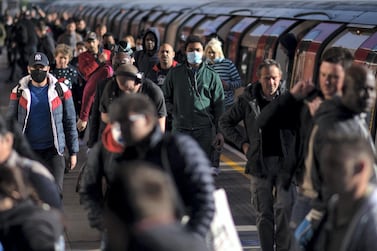One of Britain’s brightest fashion designers fears he may have to leave the country because of extra taxes and soaring Brexit-imposed expenses.
Style gurus at this year’s online-only London Fashion Week said Covid-19 and Brexit have struck serious blows from which the industry will struggle to recover.
Erdem Moralioglu, who was born in Canada to a Turkish father and an English mother, said he might have to transfer his company to the European Economic Area because under the Brexit agreement, extra duty must be paid on certain items that move between Britain and the bloc.
He said Brexit had led to “extraordinary thoughtlessness” that was damaging the UK fashion industry. “It’s resulted in cancelled orders and in absolutely increased costs,” said Moralioglu, 44, the founder and creative director of Erdem.
“One outlook is to set up a subsidiary business in Europe. The government is making it increasingly difficult to produce in the UK, which is such a shame because that accounts for 50 per cent of what we do. It’s very sad.”
Erdem was showing off a ballet-inspired collection at London Fashion Week, which ended on Tuesday.
Moralioglu’s concerns were echoed by some of his contemporaries at the event.
Designer Paul Costelloe said fabric he planned to use in the show was stuck at Stansted airport because of documentation problems.
“As far as the textile industry is concerned, it is a no-deal Brexit. It is a disaster,” he said. “I believe it’s just going to get worse unless something serious is done. This double duty, double Vat – it has to change.”
The deal negotiated by London and Brussels resulted in some trade remaining tariff-free, but new costs are being highlighted across a wide range of industries.
Shellfish fishermen in the UK fear for their future as it is much harder to export to the EU.
Since Britain left the bloc on January 1, “Class B” oysters, scallops, clams, cockles and mussels can only be sold to EU member states if they’ve been purified in accordance with water regulatory standards.
Theatre companies, already hit by the pandemic, are appealing for funding to offset the higher costs of visa and work permit requirements to tour EU nations.
“We are working closely with business in the fashion industry to ensure they get the support they need to trade effectively with the EU and seize new opportunities as we strike new trade deals,” a UK government representative said.



